Extreme heat slamming world's three biggest economies all at once
Extreme warmth and drought conditions have hit the United States, Europe and China, compounding problems for workers and businesses at a time when economic growth is already slowing.
In China’s Sichuan province, all factories have been ordered shut for six days to preserve energy. Ships carrying coal and chemical substances are struggling to make their ordinary journeys alongside Germany’s Rhine River. And people living on America's West Coast have been asked to use less electricity as temperatures soar.
These are only few problems theses countries are facing and the extent of the pain may rely on how lengthy the heatwaves and lack of rain last. However, in countries like Germany, specialists warn there’s little aid in sight, and firms are preparing for the worst.
Other rivers around the world that assist world development are drying up such as the Yangtze, the Danube and the Colorado, impeding the motion of products, messing with irrigation methods and making it tougher for energy vegetation and factories to remain cool.
Meanwhile, scorching heat is hampering transportation networks, straining power supply and hurting employee productiveness, as the critical situation will exacerbate the effects on agriculture, energy and water supply.
“We shouldn’t be surprised by the heat wave events,” said Bob Ward, policy and communications director at the London School of Economics’ Grantham Research Institute on Climate Change and the Environment.
“They’re exactly what we predicted and are part of a trend: more frequent, more intense, all over the world,” he added.
In the UK, a fierce heatwave pushed temperatures in Britain over 40 degrees Celsius (104 degrees Fahrenheit) for the first time. Parts of California could see temperatures as high as 109 degrees Fahrenheit this week.
Meanwhile, China is going through its fiercest warmth wave in six a long time, with temperatures crossing 40 levels Celsius (104 levels Fahrenheit) in dozens of cities.
“There are signs these heat episodes are not just becoming slightly more intense and frequent over time. It's happening in a kind of non-gradual way, and that will make it more difficult to adapt,” Ward said.
“At present, we are at the most difficult point of economic stabilization,” Chinese Premier Li Keqiang said this week. China is grappling with the consequences of harsh coronavirus lockdowns and a real estate crisis.
The global economy is under pressure as many countries face energy crisis due to the imposed sanctions on Russian energy imports over Moscow’s ongoing military operation in Ukraine and high inflation rate.
VIDEO | Call for action amid humanitarian crisis in Parachinar
Qassam Brigades: Four Israeli soldiers killed in Gaza operation
VIDEO | Gaza’s Christians fear threat of extinction amid Israeli genocidal war
Iran, Egypt demonstrate necessary will to restore ties: Presidential aide
Iran president urges Muslim unity to counter Israeli aggressions
Cancer-stricken Palestinian prisoner tortured to death in Israeli custody: Report
Pezeshkian proposes development fund for D-8 member states
Yemen hails successful attacks on ‘strategic’ Israeli military sites


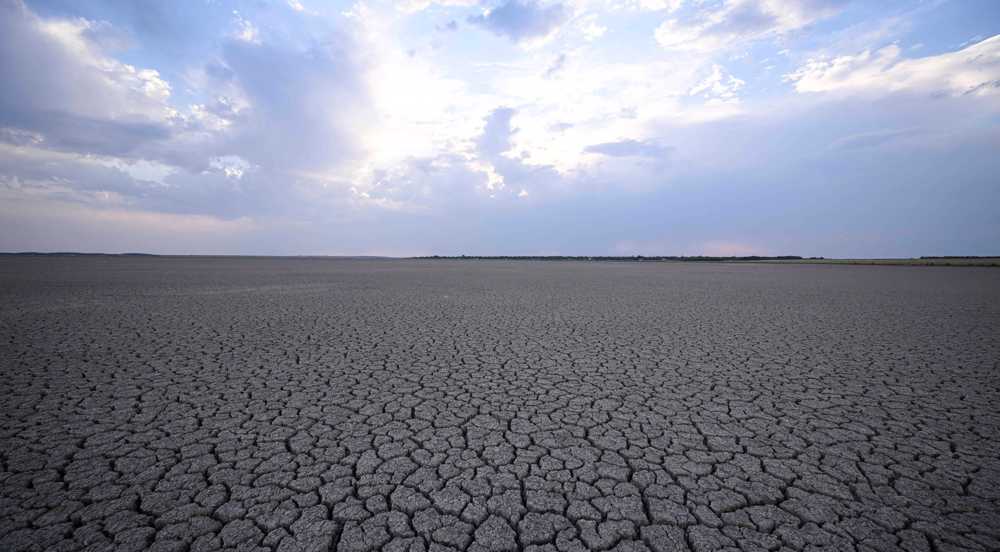






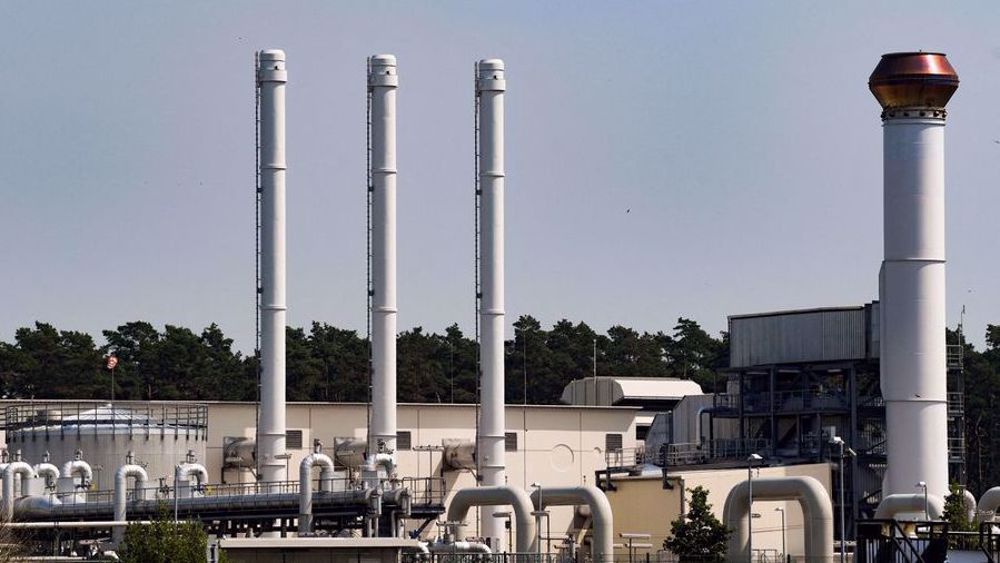
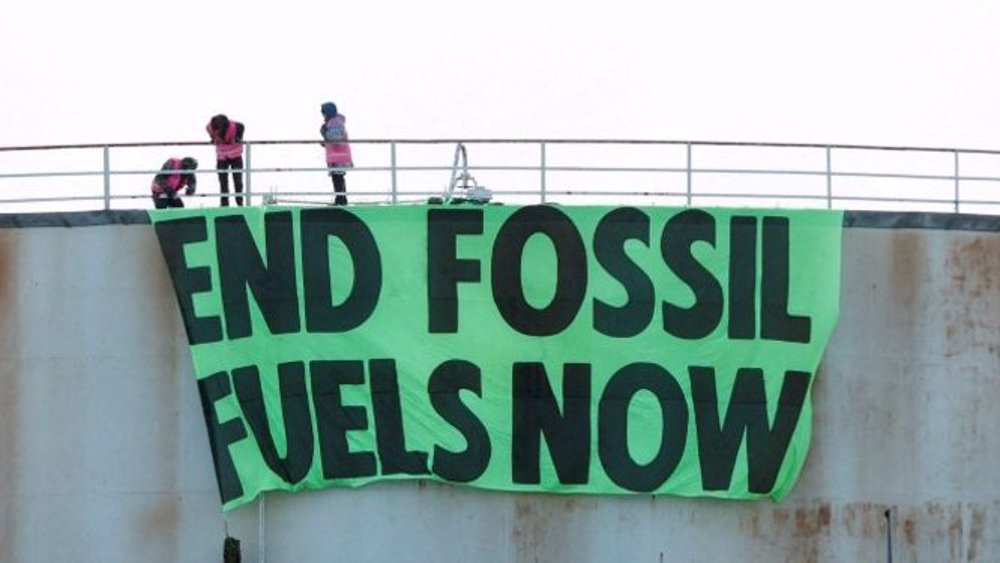
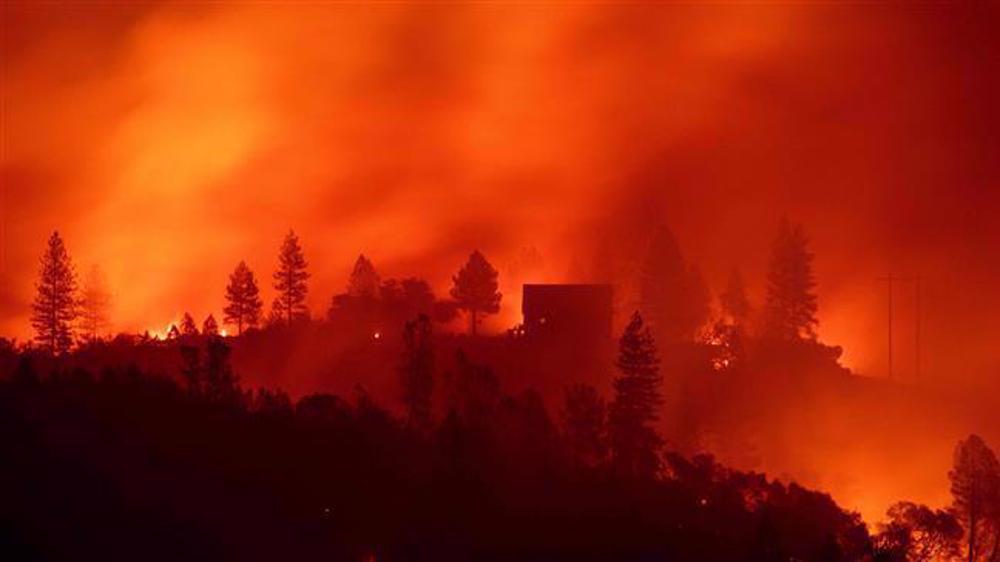
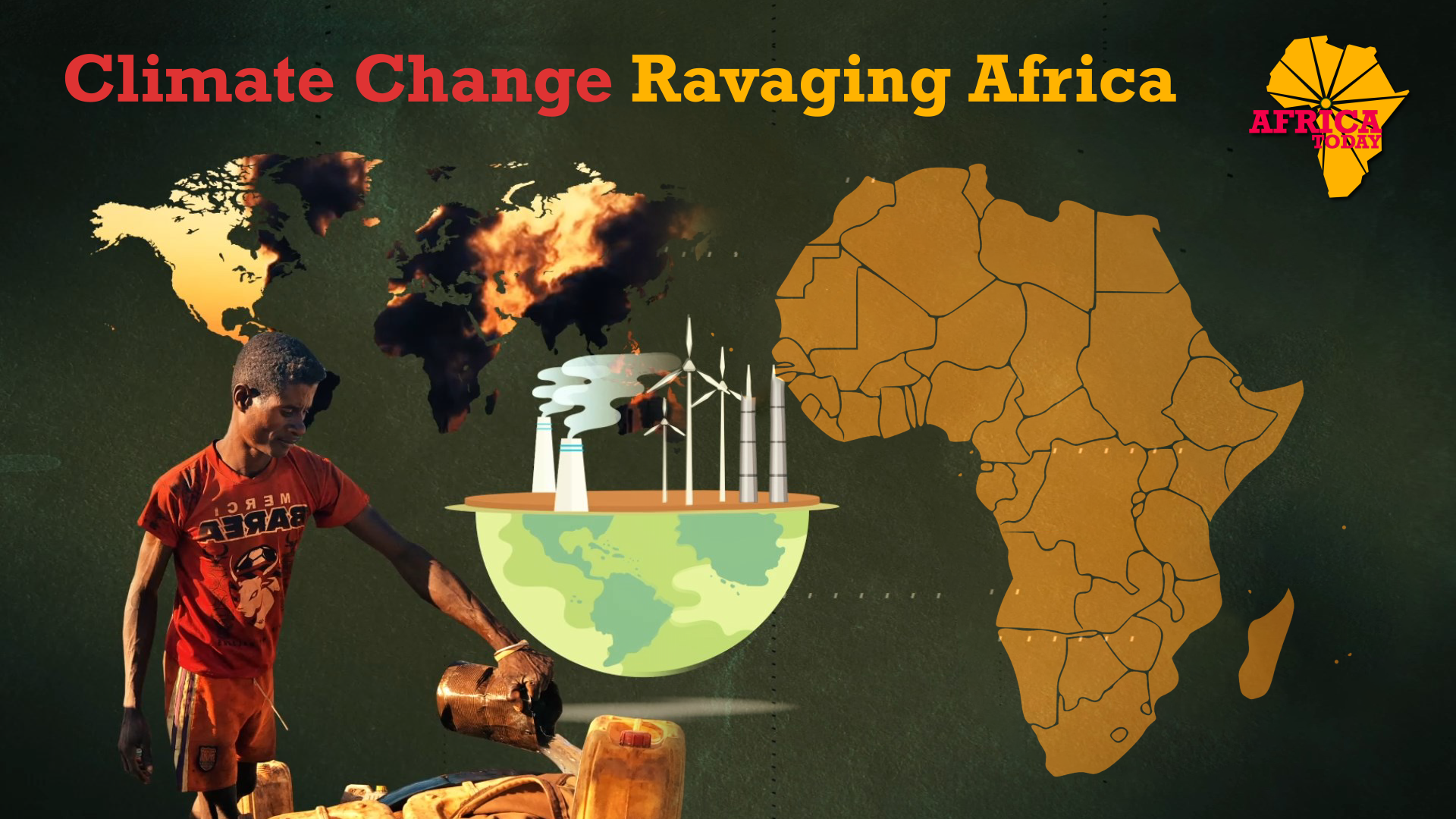

 This makes it easy to access the Press TV website
This makes it easy to access the Press TV website